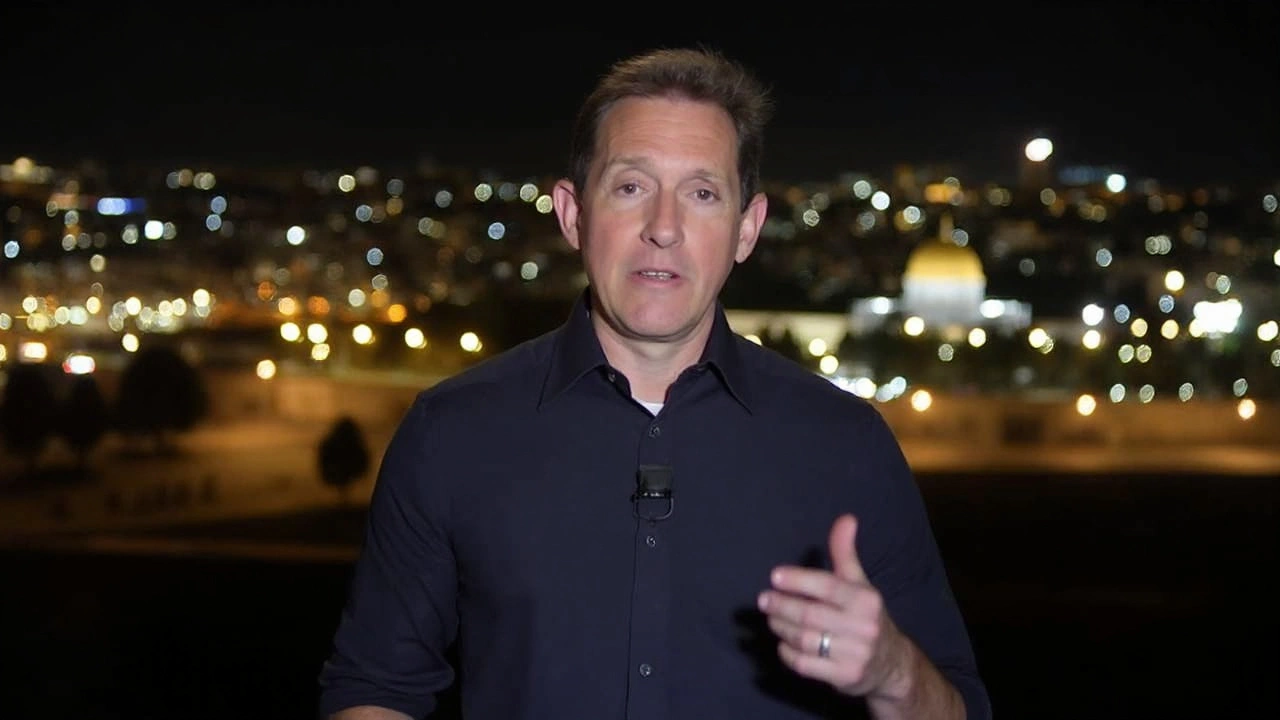Standoff in the Shadows: Iran Eyes Preemptive Strikes While Israel Prepares
Conversations in the highest echelons of Iranian power have turned openly to the idea of preemptive strikes. Officials in Tehran aren’t just echoing old threats—they are weighing the risk of striking first, convinced that an Israeli attack may be around the corner. This isn’t just saber-rattling. Every statement, every military exercise on both sides, is being watched and analyzed by neighbors and global powers alike, all anxious that this standoff could spiral into an open conflict in the Middle East.
Israeli officials, meanwhile, are making no secret of their own readiness. The Israeli military has been placed on higher alert, fortifying its northern borders and carrying out drills focused on potential rapid retaliation. Cabinet members and military commanders alike have stressed in interviews that Israel will not hesitate to act if they perceive an imminent threat from Iran.

What’s Fueling the Escalation?
Much of this tension stems from ongoing disputes over Iran’s nuclear program. Western intelligence agencies have reported that Iran has enriched uranium to levels that put it uncomfortably close to weapons-grade material. Israeli leaders have repeatedly said they won’t allow Iran to develop nuclear weapons, and in the past, Israel has been accused of striking Iranian facilities in covert operations. Recent Israeli military activity on June 12-13, 2025—including reported strikes against sites believed to be linked to Iran’s nuclear ambitions—has only ratcheted up the anxiety in Tehran.
Inside Iran, hardline voices are gaining more sway. High-ranking officials and Revolutionary Guard commanders are pushing for more assertive action, arguing that waiting for Israel to act first would be a strategic mistake. They cite previous Israeli interceptions of Iranian weapons shipments and cyberattacks on critical infrastructure as evidence that Iran’s defenses need to be more aggressive than reactive.
The rhetoric is also heating up in Israel. Defense officials there claim they have intelligence pointing to Iranian plans for retaliation, possibly through allied groups in Lebanon, Syria, or Gaza. These warnings aren’t just about protecting Israeli skies—they’ve also pushed the United States and European countries to increase their presence in the region, to prevent a conflict that could quickly spill across borders.
For civilians in both countries, the uncertainty brings new worries. Israeli families living near the northern border with Lebanon, for example, are preparing emergency kits and following news of air raid drills. Meanwhile, Iranian citizens are seeing more military parades on television and officials boasting about new missile tests—making the threat of war feel alarmingly real.
For now, leaders in both Tehran and Jerusalem are sticking to tough talk, hoping their threats will deter the other side from actually making the first move. But with hardliners calling the shots and military buildup still underway, the risk of miscalculation looms over the region like a summer thundercloud no one can ignore.
